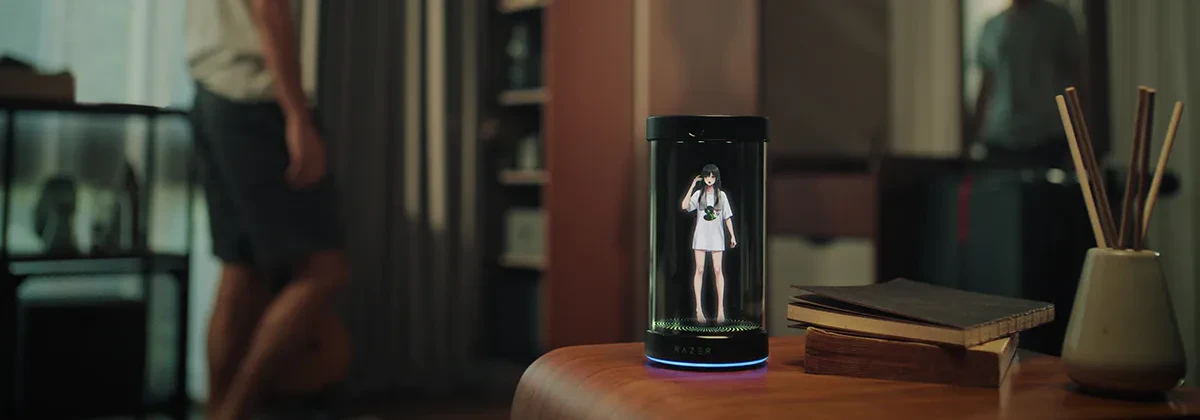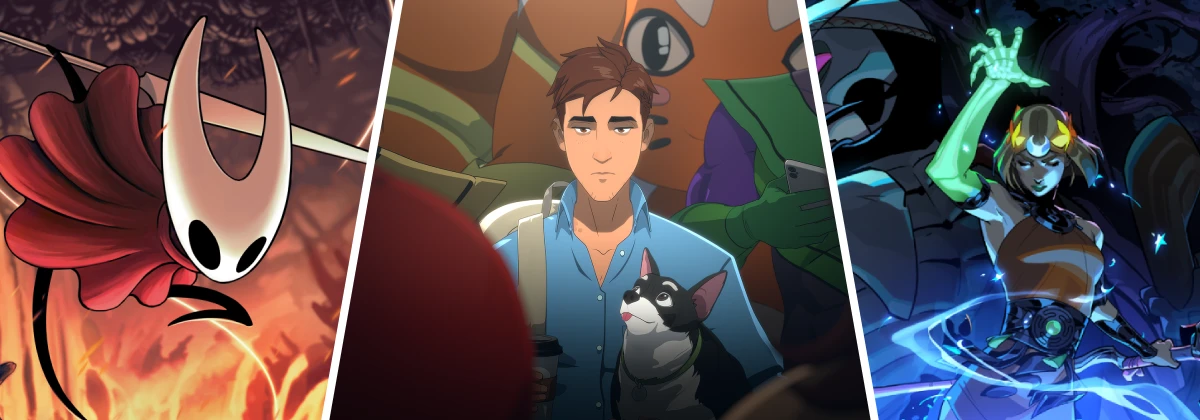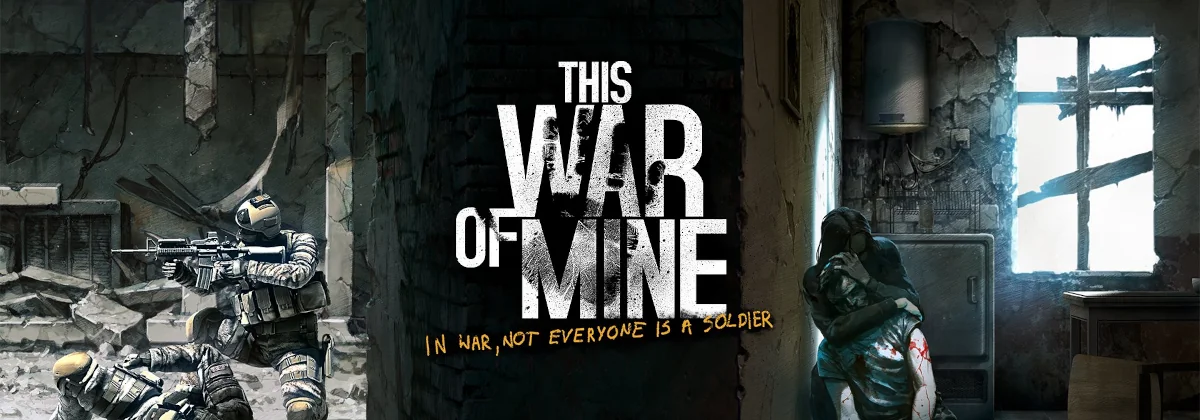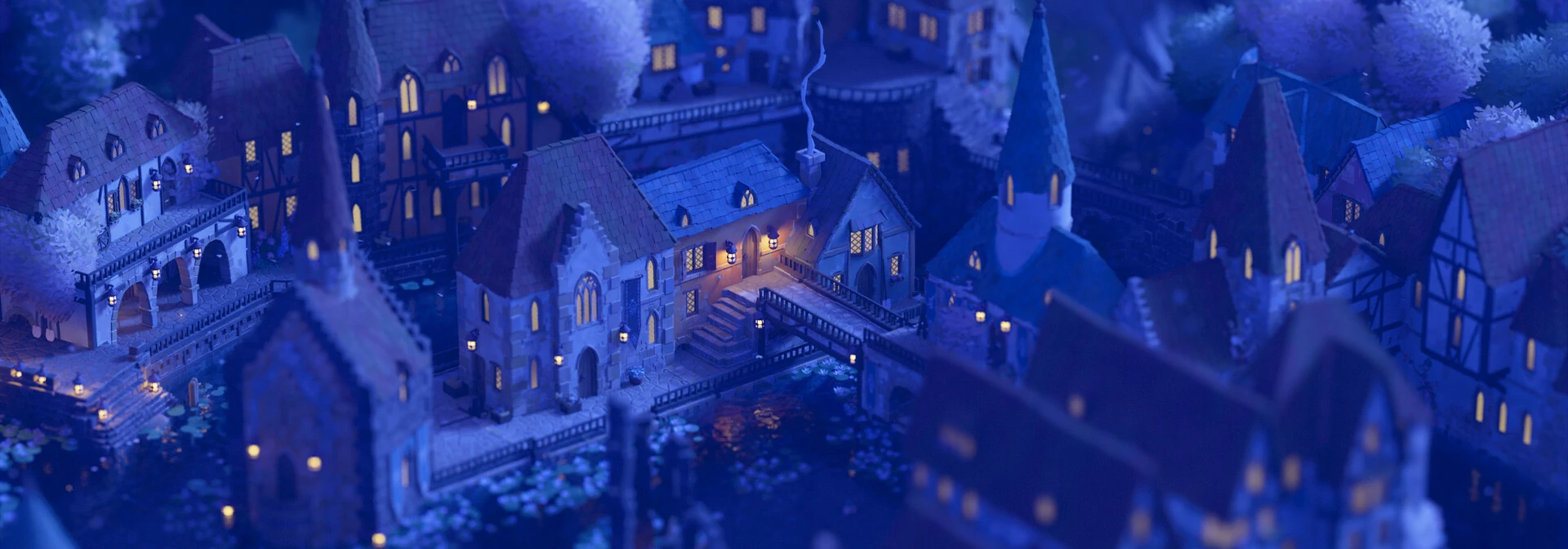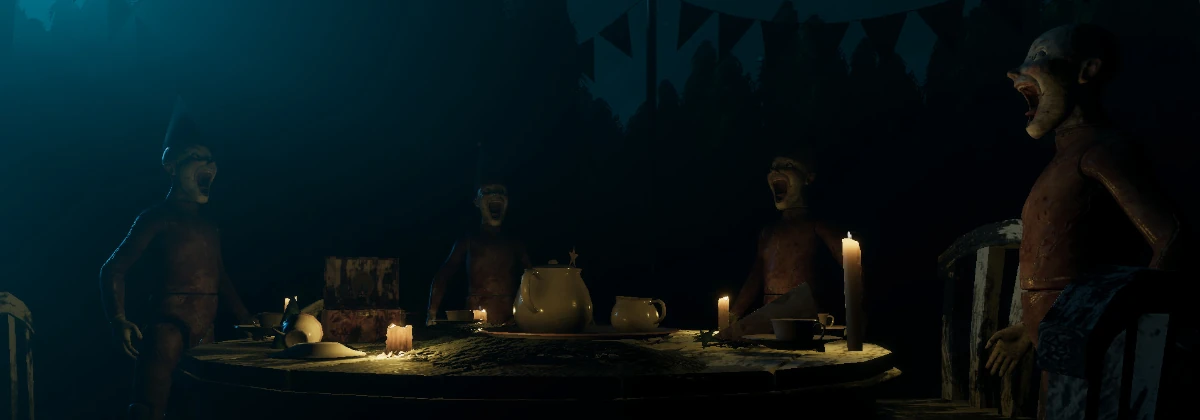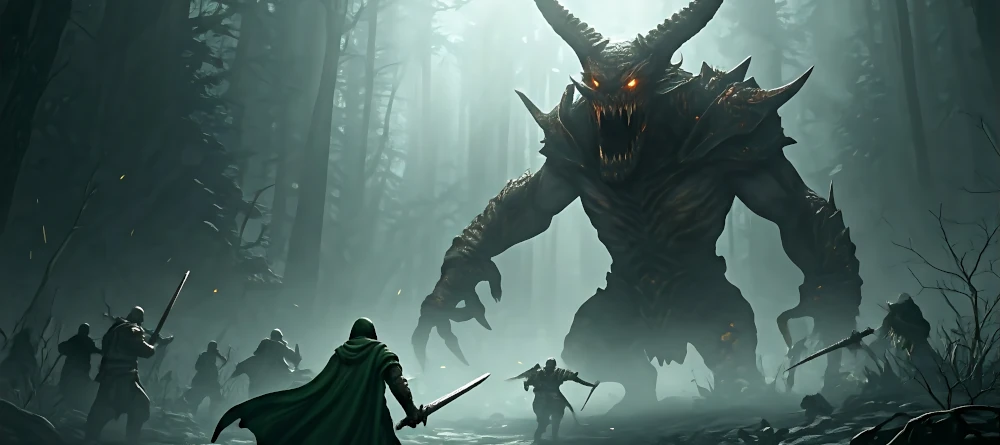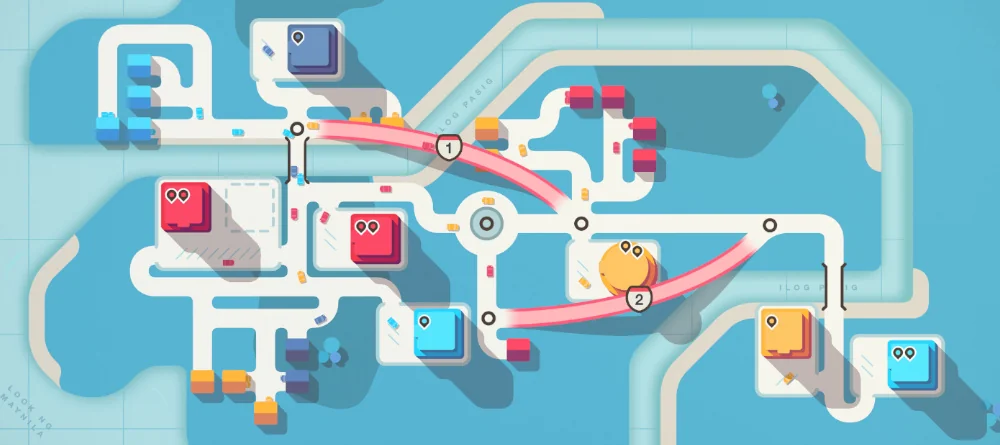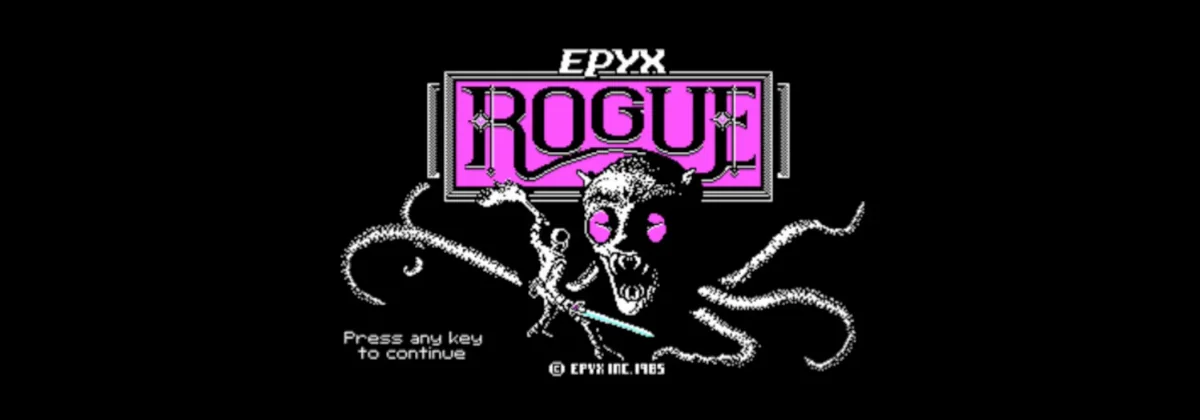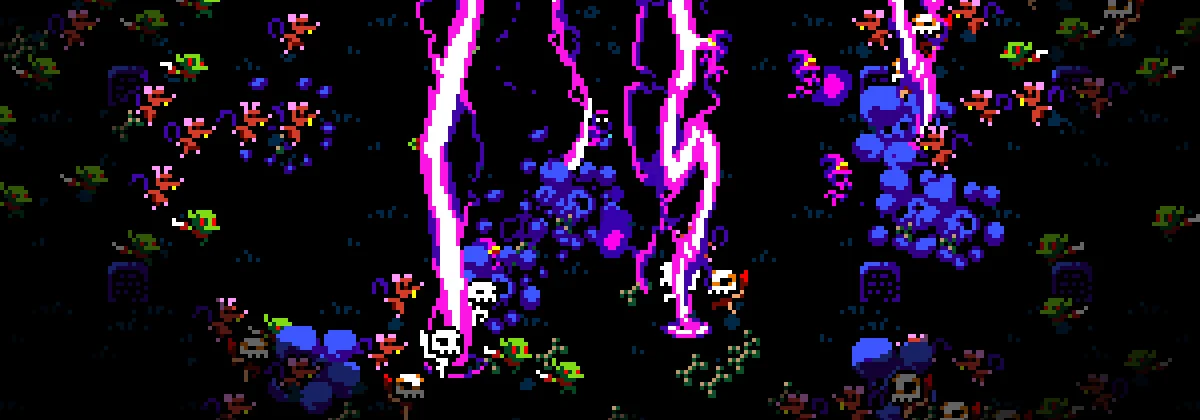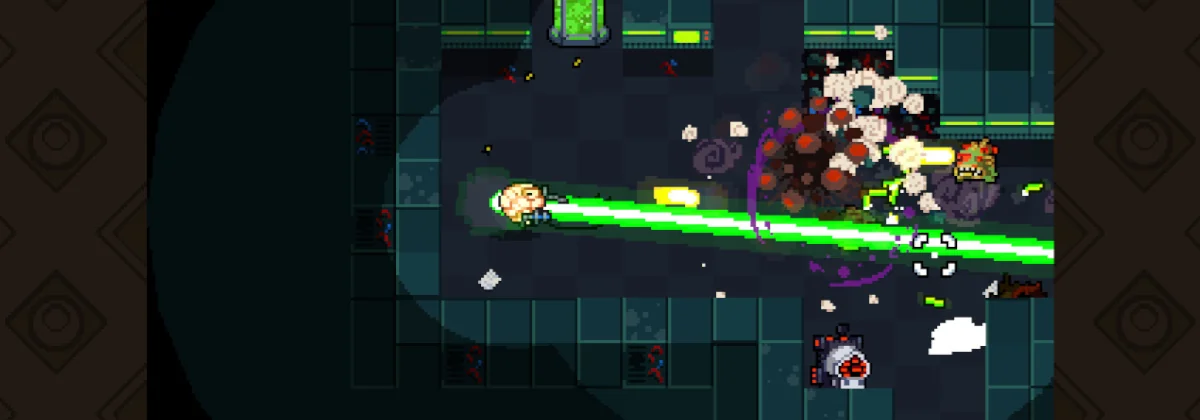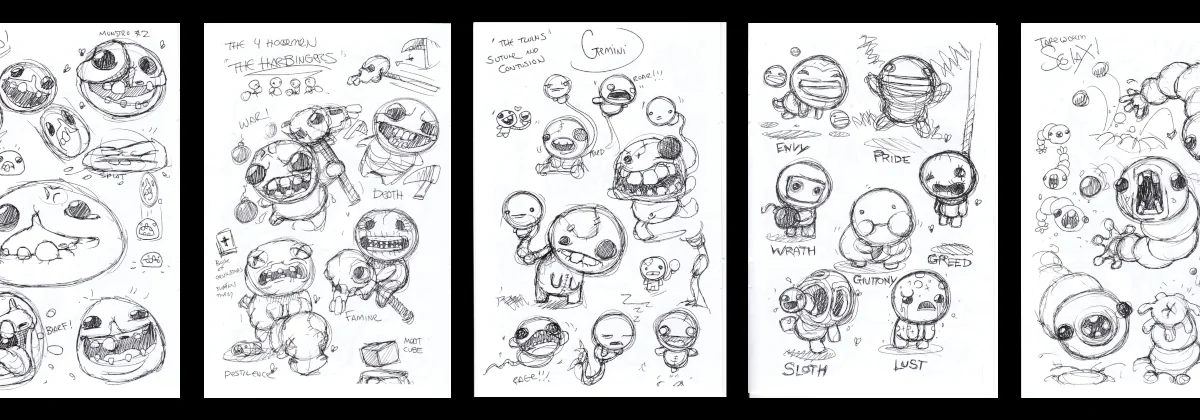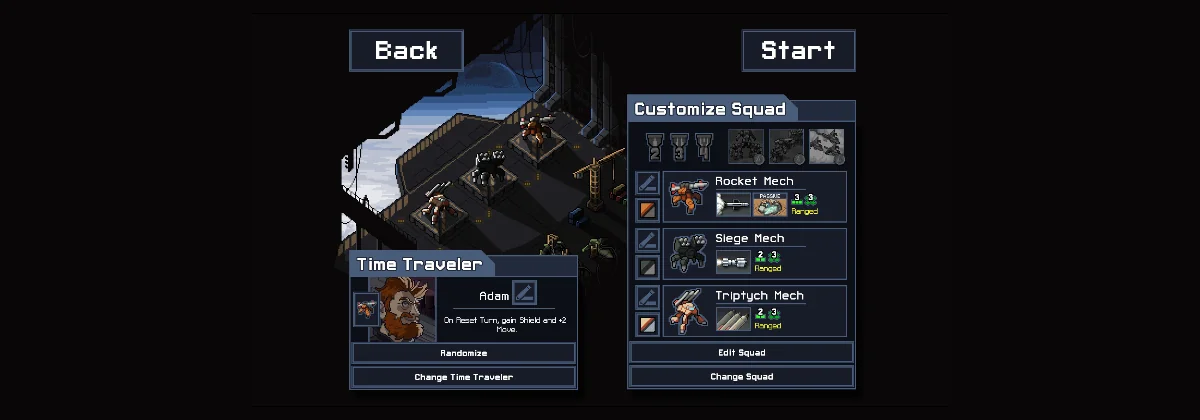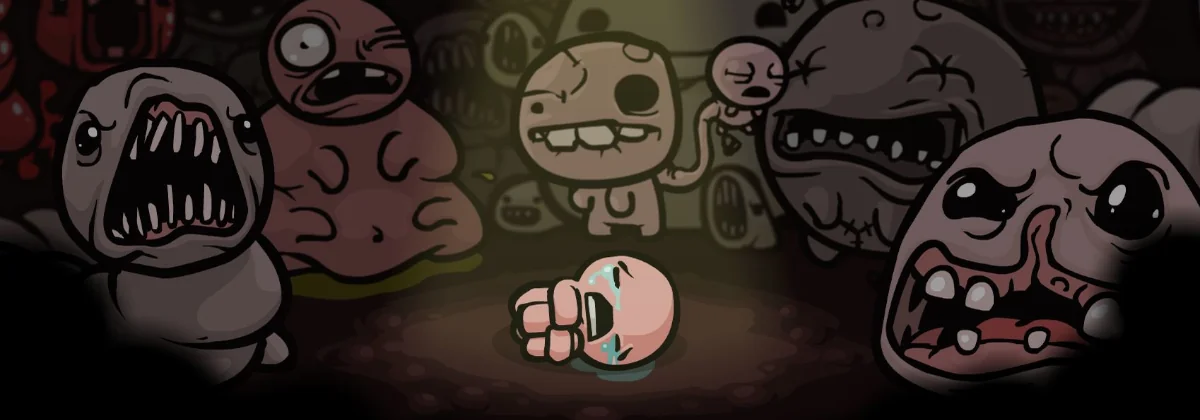
Roguelikes as Therapeutic Art: The Cathartic Power of Starting Over
It happened again. Your character lies lifeless on the screen, victim of an enemy you underestimated or a hidden trap you didn't see coming. Hours of progress wiped out in an instant. Yet instead of the rage you'd expect to feel, there's something else: a strange relief, almost liberating. And without even thinking about it, your cursor automatically moves toward the "New Game" button.
Welcome to the paradoxical world of roguelikes, where death isn't the end of fun. It's the beginning of therapy.
The DNA of Starting Over
Roguelikes trace their roots back to 1980 with Rogue, a game that established the rules for a genre destined to endure for decades. Three fundamental pillars: permadeath, procedural level generation, and progression that extends beyond individual runs. These aren't just game mechanics, they're an interactive philosophy that reflects something deeply human.
The difference between "pure" roguelikes and their roguelite cousins (which maintain some progression between runs) matters less than the principle that unites them: every time you restart, you truly restart. Tabula rasa. Blank slate.
The Sweet Liberation of Failure
There's something profoundly cathartic about watching all your progress get wiped out in one fell swoop. In real life, our failures layer up, accumulate, create scars we carry with us. In roguelikes, however, death is a complete reset not just of the character, but of the emotional weight we've built up during the run.
When your super-armored soldier in Risk of Rain (2013) gets overwhelmed by a horde of enemies, you're not just losing stats and items. You're also losing the performance anxiety, the fear of messing up, the pressure of not "wasting" the progress you've made. It's a relief we rarely experience elsewhere: the opportunity to fail completely without permanent consequences.
Controlled Randomness: A Life Metaphor
The best roguelikes aren't purely random. Spelunky can generate infinite levels, but Derek Yu and his team calibrated every algorithm so that every situation is solvable with the right skills. Hades perfectly balances RNG and skill, making you feel both lucky and skilled when things go well.
This "controlled randomness" perfectly mirrors the human condition. We can't control everything that happens to us, but we can always control how we react. In roguelikes, you learn to work with what you have, to adapt, to find unexpected synergies between seemingly unconnected elements.
It's cognitive behavioral therapy disguised as entertainment.
Accept what you can't change, change what you can, and develop the wisdom to know the difference.
The University of Constructive Failure
Every death in a well-designed roguelike is a lesson. Not in the moralizing sense of "learn from your mistakes," but in a more concrete and immediate way. That trap that killed you? Now you know how to recognize it. That enemy that surprised you? You've memorized its pattern. That power combination that seemed useless? You've discovered it's actually devastating.
Meta-progression, those permanent upgrades you keep between runs, transforms every failure into a micro-investment for the future. You're not wasting time; you're accumulating experiential capital. It's the concept of "failing forward" made tangible through experience bars and new gameplay options.
When Death Tells Stories
Hades by Supergiant Games revolutionized the relationship between death and narrative in roguelikes. Every death of Zagreus isn't a player failure, but a planned narrative event. The conversations that unlock after each failed attempt, the relationships that evolve, the story that unfolds precisely through failure.
It's no longer "you died, try again," but "you died, and now discover something new." Death becomes a story chapter, not its interruption. It's a radical recontextualization of failure with profound therapeutic implications: what if in real life too, our "failures" were simply necessary chapters in a larger story?
Isaac's Healing Symbolism
The Binding of Isaac by Edmund McMillen is perhaps the most extreme example of roguelike as therapeutic processing. Hidden behind its deliberately disturbing aesthetic, the game is a raw but honest representation of childhood trauma, abandonment, and the search for identity.
Every Isaac run is a journey through a tormented subconscious, where objects and enemies represent fears, desires, and unprocessed traumas. Death allows you to restart the processing from scratch, to face those inner demons again with new perspectives, new emotional tools.
The Zen Ritual of Restart
There's something meditative about pressing that button to restart. It's a simple gesture, but loaded with meaning: I'm letting go of what was, I'm embracing what could be. It's a micro-ritual of rebirth that we practice dozens, hundreds of times.
Behavioral psychologists talk about the "fresh start effect" humans' tendency to feel more motivated and optimistic when they perceive a temporal fresh beginning. Roguelikes transform this effect into a continuous playful experience. Every death is a Monday morning, every new run is a New Year's Day.
The very rhythm of roguelikes (mounting tension, climax, reset, repetition) resembles mindfulness and meditation practices. Focus on the present, acceptance of impermanence, return to breath (or in this case, to the starting point).
When Therapy Becomes Addiction
Not all relationships with roguelikes are healthy. The same mechanic that can be therapeutic (the death-restart cycle) can become compulsive. When "just one more run" becomes an obsessive mantra, when frustration exceeds relief, when the game stops being a refuge and becomes an escape.
The line is thin but important. Therapeutic use of roguelikes implies awareness, control, personal growth. Problematic use is characterized by compulsivity, avoidance, emotional stagnation. Like any powerful tool, roguelikes require mindful use.
The Art of Letting Go
Roguelikes teach us one of life's most difficult lessons: the art of letting go. Not in the sense of giving up, but in the sense of not desperately clinging to what is lost. They teach us that starting over isn't a failure, but a skill.
In an era that celebrates persistence at all costs, the "never give up" mentality, roguelikes offer alternative wisdom: sometimes, the bravest thing you can do is press delete and start from scratch. Sometimes, death is just another form of birth.
Every time you restart a roguelike, you're not just beginning a new game. You're practicing resilience. You're training your adaptability. You're learning that impermanence isn't a tragedy, but a fundamental feature of existence.
And maybe, the next time life presents you with a game over, you'll remember that feeling: the relief of reset, the excitement of starting fresh, the wisdom hidden in the simplest phrase in gaming: "Try again?"
Roguelikes aren't just games. They're gyms for the soul, resilience simulators, digital temples where we practice the most difficult art of all: moving forward.
Latest articles
